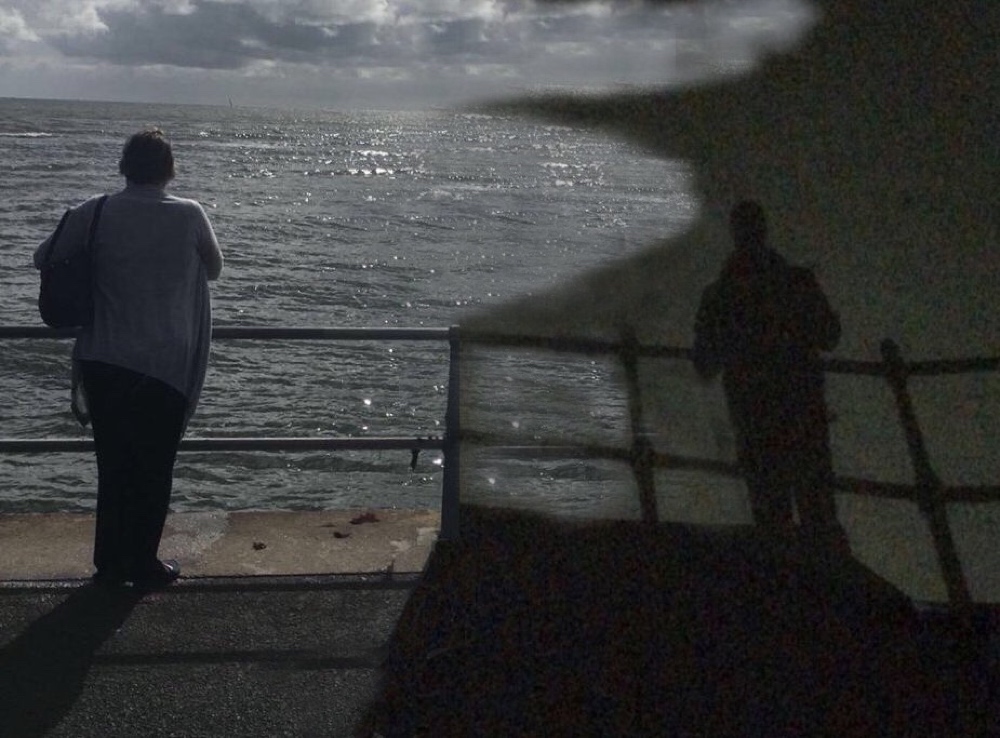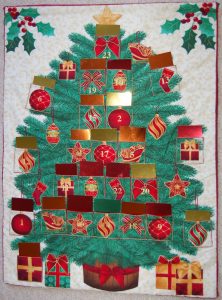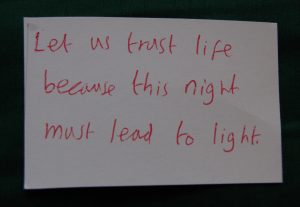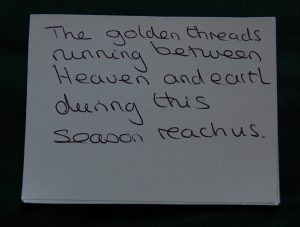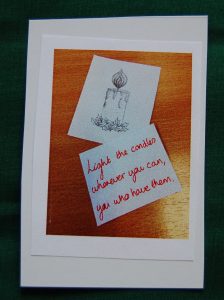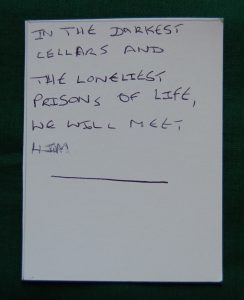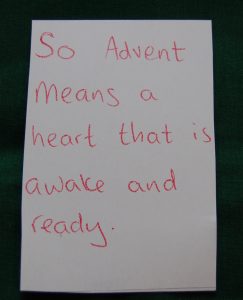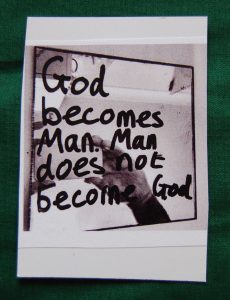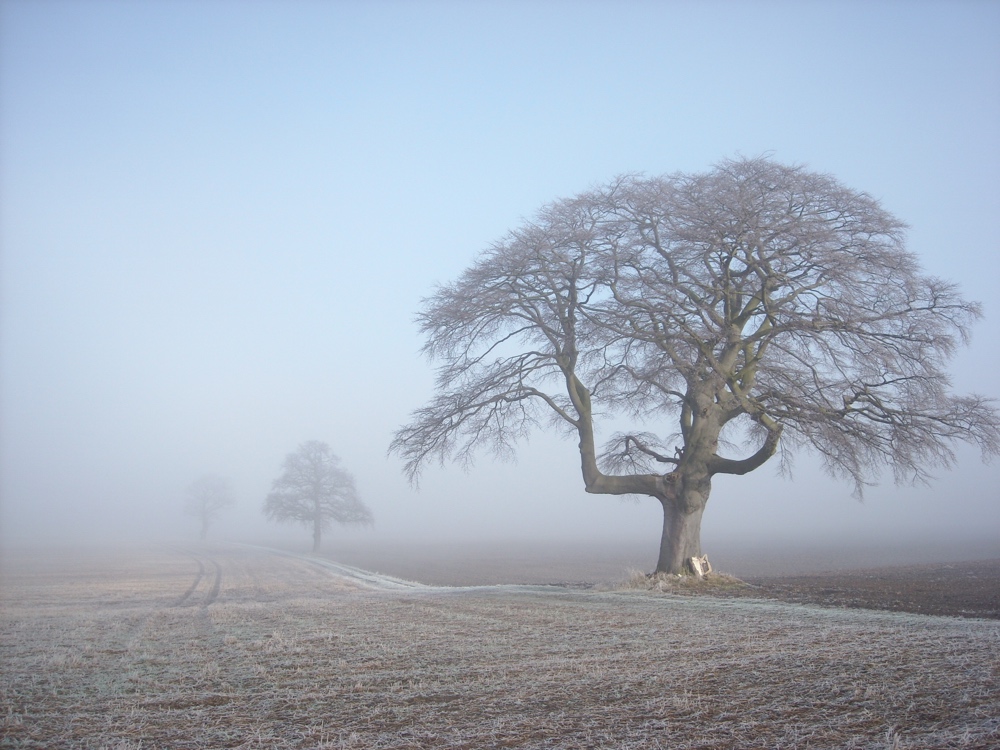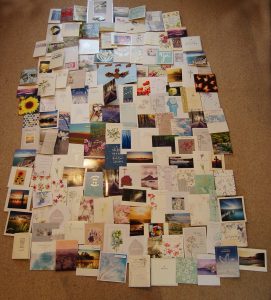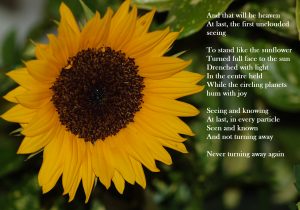A fourth postcard from the land of grief
I have just returned from Pembrokeshire. As ever, it was glorious, with early sunlight gilding every wave and the skies a masterpiece of delicate beauty.
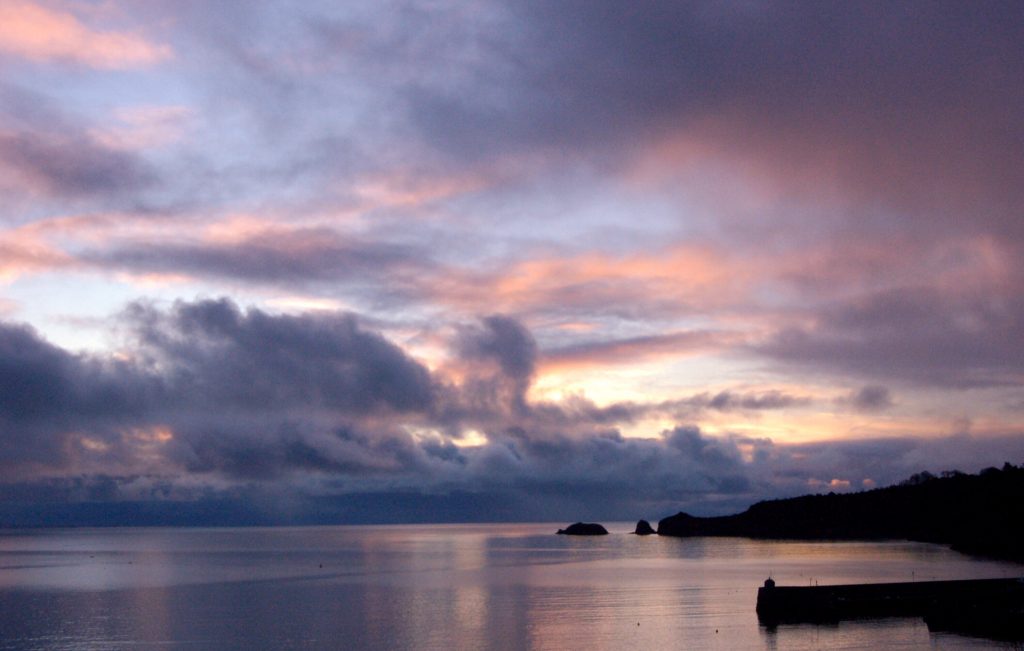
More than ever, on this occasion, it has felt like a ‘thin’ place – where the veil between heaven and earth is like gauze pulled so tight that you can all but peep through it to the other side. I have felt uncomfortably close to my ‘bravest and best’ as I have walked these beaches which she loved so much.
As ever with foreign travel, though, it makes you feel differently about the place you have left behind. In the place I was living before this happened, we cling onto life, by our very fingernails if necessary, since it is all so precious. We drink deeply of beauty, we savour every landscape, we build memories as if they were a dam against the flood of time.
Walking on these beaches again though, I find myself wondering how they compare to those which heaven has to offer? If you pick up a seashell there, can you hear the crash of waves here only as faintly as you imagined you could when you picked up a seashell and did that as a child? If you look at a sky of deep indigo and palest pink there, do you recall other skies as pale imitations, like a faded photograph?
When I was a very new pastor, I remember walking away from the bedside of a dying patient with the line of a hymn insistently going round my mind. The person in the bed was frail, sick and physically weak, and yet I knew that was about to change:
‘We feebly struggle, they in glory shine.’
In the picture below, it is odd that the one who lives is in more shadow than the one who does so no longer. In this particular photograph from the land of grief, the camera does not lie.
